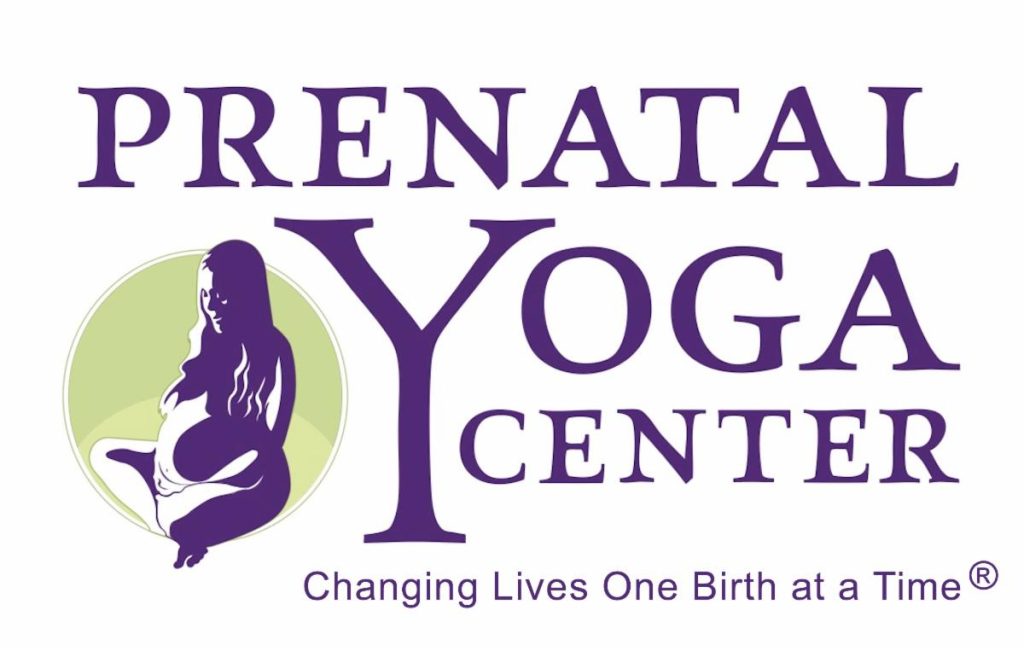Who and how you choose your care provider will greatly effect the outcome of your birth. Many women choose to stay with the OB/GYN they have used for years for gynecological purposes, and do not seek out another provider. Other women may ask a friend or relative for suggestions if they are not completely comfortable with their OB/GYN, but few people actually consider the statistics, general philosophy and practice of their chosen care provider.
In a recent prenatal yoga class, I asked how many women researched what kind of stroller to purchase. More then half the class raised their hand. Who researched what kind of crib to use? Again, almost all confessed to hours of research online. Who researched their care provider? Only two women. Both had recently moved here from another country and needed to find a new care provider. Another mother-to-be spoke up and said once she started to ask questions about her care provider’s statistics, she was a bit disappointed to learn he had a close to 40% cesarean rate and almost 50% induction rate. She said she considered switching doctors, but she believed it was going to be too much hassle, so she hired a doula (Definitely a smart move to enroll the help of continuous labor support!)
There are several factors stemming from your care provider’s birth philosophy and manner of practice that will directly effect the management and/or freedoms you are permitted during your pregnancy and birth. Some questions to consider that can impact your level of intervention are:
Is your care provider open to you going past your due date? If so, how long past?
How does your care provider handle prolonged first stage of labor (dilating to 10cm) before intervening with labor augmentation?
How does your care provider handle prolonged second stage of labor (pushing)?
How long are you allowed to labor with ruptured membranes?
What is their cesarean and intervention rate?
Would your care provider allow intermittent motoring?
At what point in labor would your care provider want you to come into the hospital?
The answers to these questions will help you form an idea of how rigorous or spacious your provider is with care management. You may also get a sense of how individualized your care provider is willing to make your experience. If your care provider has a hard and fast rule about labor induction, for example, you may want to be aware of those details. Perhaps that information is comforting for you, or you may prefer someone that will consider how you and your baby are doing at that point before making a decision on a path of care.
Something else to consider when choosing a care provider is their level of anxiety and general personality. There was a study published in the Journal of Perinatal, “The Effects of the Attending Obstetrician’s Anxiety Trait and the Corresponding Obstetric Intervention Rates”, which examines how the care provider’s personality correlates to their cesarean section rate. The study summarizes that, “Statistical analysis revealed that the doctors’ trait anxiety levels were highly correlated with cesarean rates. The obstetricians with the least anxiety had the lowest emergency cesarean rates, while those with the most anxiety had the highest rates.” (1) This goes along with the doctor’s personal history. If he/she has had a bad experience with a shoulder dystocia or using forceps or vacuum, they are probably less willing to take these routes and more likely to go for a cesarean, even though there could be success with a vaginal.
The addition of a new family member is so exciting with the picking of names and strollers and decorating the nursery. Just remember you can replace the stroller with little effort if you feel you chose the wrong one, but replacing your care provider may be harder. It will greatly benefit you to take the time to do your due diligence and feel supported and comfortable with your care provider.
Happy birthing!






